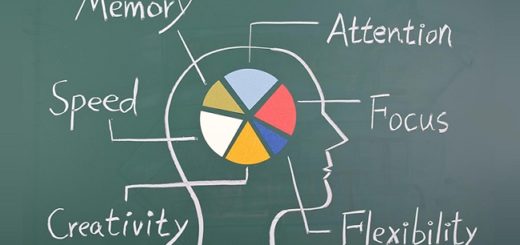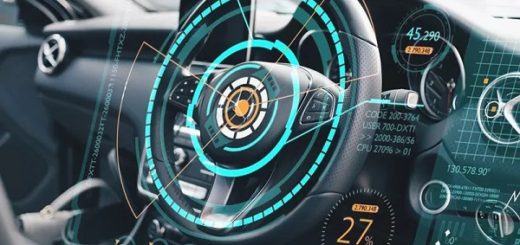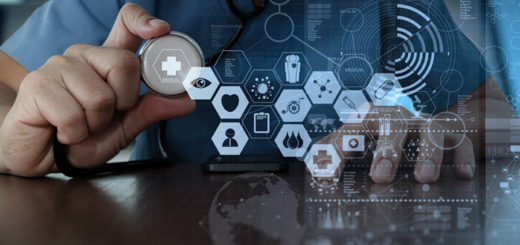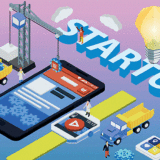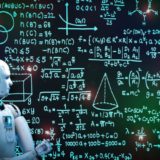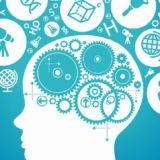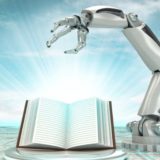The impact of Artificial Intelligence on humans work and life
by Ready For AI · July 13, 2018
Artificial intelligence is one of the hottest technologies today, and of course one of the technologies that are often overused or even abused,so about the impact of artificial intelligence we need to have a correct understanding and attitude towards it.
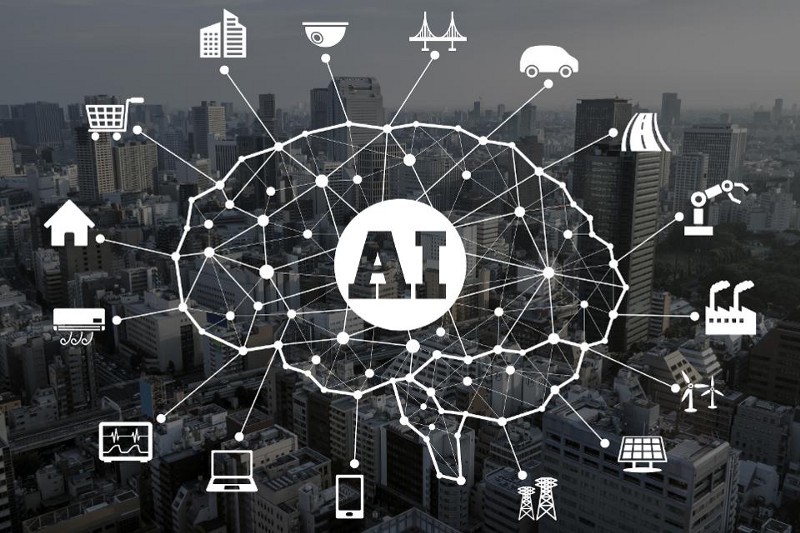
The media loves both the success story of AI and the utopia promoted by artificial intelligence: machines replace human workers, AI transcends human intelligence, robots control everything, and so on.
But if you look at these hype, you will realize that a real revolution is going on. To understand the potential of AI, you only need to look at recent base stations in areas such as deep learning and applications in areas such as computer vision and natural language processing.
In fact, large-scale artificial intelligence subversion is now emerging – driven by a combination of technologies, machines can use big data learning to continuously improve cognitive functions.
Introduction to Artificial Intelligence
Artificial intelligence can be defined as “a technology that allows system price perception functions to be packaged with adaptation and learning capabilities to achieve self-improvement.”
AI-enabled systems capture and “understand” their environments and make optimal, real-time decisions for specific goals.
As a classic example of AI, “computer vision” allows the system to “see” things through sophisticated algorithms that are trained to recognize breakouts or various terrains, people, and objects in the video.
In another common example of AI applications, “natural language processing” technology makes it possible to interact freely with machines: NLP and related technologies can “understand” natural speech and respond in a meaningful way: as long as the machine is analyzed Taking the context of the “natural voice” request, it will synthesize the appropriate response and respond to the user in a “natural voice” manner.
The rapid development of AI is due to the support of a large number of data on human main activities – online communication, social interaction, device usage, search, content consumption, and IoT data streams.
In order to figure out the vast amount of complex data, the AI system leverages the power of cloud computing and special machine learning algorithms. In world-class data centers, large-scale tag data is used to train AI algorithms to perform specific cognitive functions.
Current status of artificial intelligence
The ability of a computer to “see” like an eye is a surprising achievement. AI-supported systems can “understand” the context of an image or a video, and the level of detail is impressive: they recognize many entities, recognize different people, cars, houses, streets, trees, and more— – and the success rate is getting higher and higher. By providing an image or a video, the algorithm can estimate additional attributes such as the number of people in the picture, their gender, age, or even emotional state.
You may only need to submit a family photo to a commercial identification service, and within a few milliseconds the other party will be able to return to the identified person: their gender, age and main emotional mood. Even the things in the photo can be identified – for example, the AI can identify the car and its manufacturer and model; then tag it to improve the search and discoverability.
Just a short interaction with Amazon Alexa, Cortana or Google Assistant is enough to make you realize that natural language processing technology has made great progress. Microsoft and IBM have announced that their NLP technology has been no different (or better) than a professional clerk in dealing with sports to politics. Google’s recently demonstrated digital assistant, Duplex, is able to accomplish specific tasks through the experience of natural conversations—for example, scheduling meetings or appointments in the form of conversations with people, and expressing emotions, my God.
Digital assistants have become more intelligent, contextualized, emotional and proactive.
Application and impact
AI has influenced our social and economic systems in many ways. We have entered the stage of dramatic changes in the market, business, education, government, and social welfare systems—those that are past technologies and automation will soon be reshaped. The large-scale adoption of artificial intelligence will fundamentally change all industries – as outlined below:
Transportation – Automated cars will soon become a reality, and will become safer, more efficient and more efficient. Unmanned trucks, smart containers, unmanned taxis, and smart transportation cities are just a few examples of the upcoming reality of the transportation industry.
Traffic AI will drive large-scale changes, not just vehicle changes, but also the entire ecosystem – from taxi services to e-commerce to parcel delivery services.
The entire transportation network consisting of unmanned vehicles is coordinated by the AI algorithm to best adapt to traffic conditions, such as on-demand. This will change the way people commute and the way cities expand and develop. For example, the advent of the cheaper and faster transportation era driven by unmanned vehicles may trigger a trend toward urbanization – especially if you consider that the time spent on unmanned vehicles can be fully utilized for modern office work.

E-Commerce
Consumer experience becomes smarter with advanced, AI-driven personalization, dynamic pricing, and bid generation. The fulfillment center becomes automated – the robot itself picks up the product, fulfills customer orders – and even in some cases in an automated manner. UAVs and/or unmanned vehicles can also play a role in the final stages of the delivery process. As centralized intelligence coordinates the entire process, typical sales processes, channels, and brick-and-mortar networks are becoming less and less important – thus subverting the industry.

Financial and Insurance
Financial services that require large amounts of data processing and content processing, insurance and other sectors will also benefit from AI. Financial institutions automate a wide range of processes, such as transaction verification, fraud identification, stock trading, referrals and advisory services. Insurance companies use a lot of data and predictive and machine learning techniques to make better risk assessments. As a result, they are more likely to offer better products that match the exact needs of specific customers. Auto insurance companies will also be significantly affected by smart unmanned vehicles.

Government Functions and Services
Artificial intelligence can have a huge impact on eliminating bureaucracy, improving citizen services, governance and social planning. The execution of all budgets will be more efficient and practical, with no waste and no refusal to complete on time.

Legal Services
Typical support services in the legal context, document file processing, classification, discovery, summarization, comparison, and knowledge management are all tasks that AI agents have been good at.
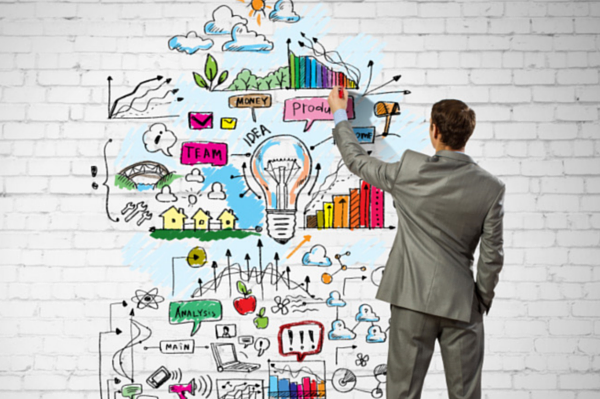
Product Development
The new capabilities introduced by AI have changed the typical product (virtual and physical product) development process. With the advancement of advanced cognitive technologies and low-cost integration scenarios, AI-driven innovation opportunities are growing exponentially. It is easier for business cognition APIs and cloud software developers to develop cognitive applications that are supported by advanced AI capabilities. The physical product manufacturing process also benefits from the AI-driven product line, quality control system, and continuous improvement processes, and the product will soon be developed in a completely different way, and will become networked and intelligent.

Education
Based on world-scale digital content, data, and science and general knowledge, the entire education system will be greatly improved by artificial intelligence. The intelligent education agent will capture the student's needs and combine an optimized personalized education program that matches the student's intent, rhythm, and preferences. In another scenario, AI-driven applications will be able to actively recommend educational opportunities as well as personalized educational content—a recommendation that considers the current state of the user's career, education, and past experience. This will take the form of an always-on, intelligent “educational advisor” to find the right learning opportunities for each user.


